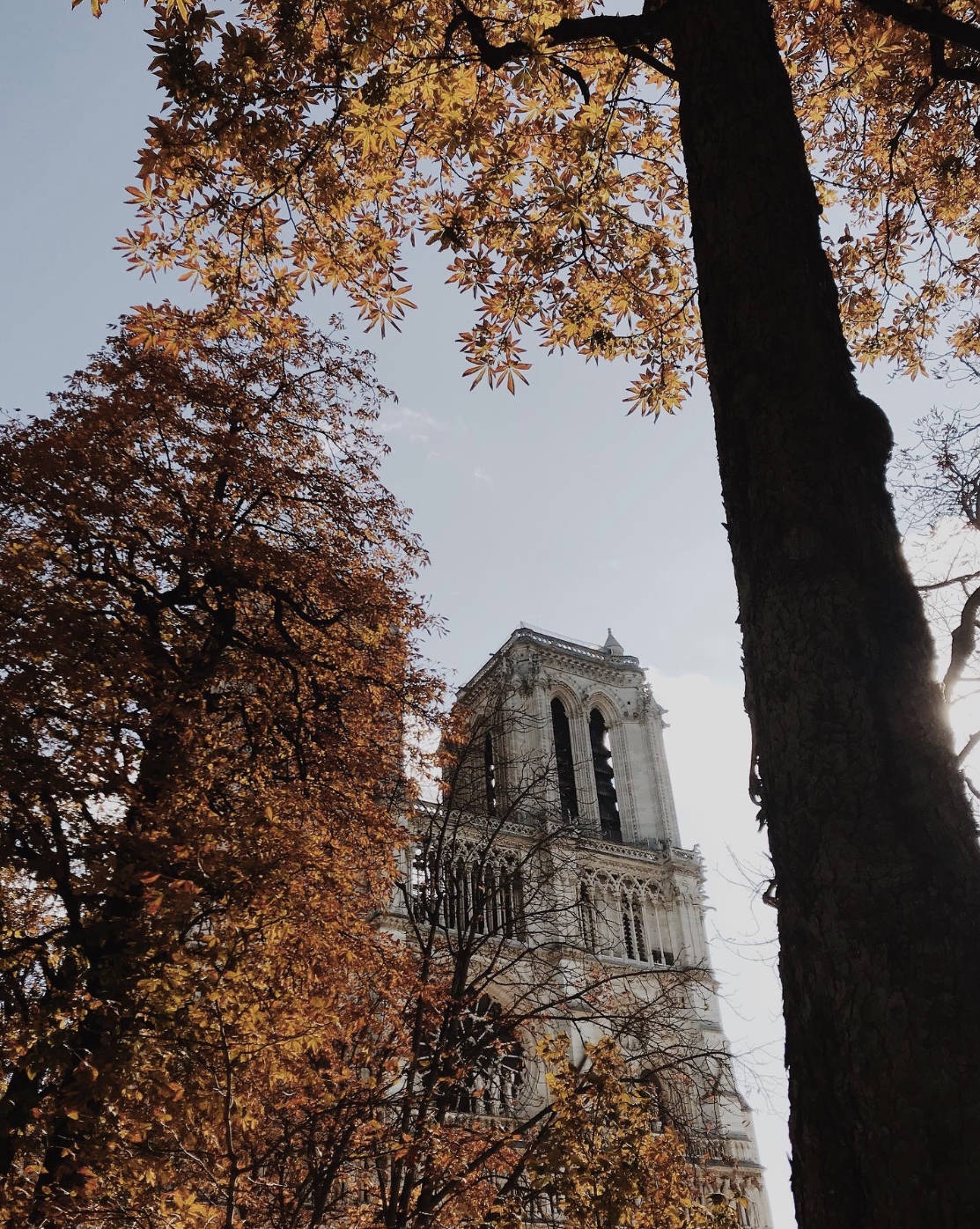If you could not tell from the overabundance of Paris-related tweets and Instagram pictures, last semester a group of students participated in Asbury’s Paris Semester Study Abroad program. Students embarked on a culture-rich journey that allowed them to take art, history and French culture classes in the heart of the “City of Love.”
Living in Paris for three months is not all baguettes and croissants; it also means learning to deal with culture shock and a language barrier. In an effort to improve their French language skills, students were encouraged to take an intensive French language course that ran for over three hours a day. They each completed a semester’s worth of French in just one month.
Those who went into the semester as French majors stayed with host families to immerse themselves in the language and lifestyle.
“As a French major I couldn’t wait to use the language in the country,” said junior Lucy Rinehart. “Little did I know, most of the time I wouldn’t be able to understand because of how quickly everyone speaks.”
During their time there, the students “did like the Romans,” (in their case, like the Parisians) and used public transportation to get around the city. Rinehart said that using the metro was a “steep learning curve.” Sophomore Carter Hammond stated one of his favorite parts was getting to experience Paris and travel with his fellow Asburians.
It took time to get used to the Parisian way of living, but many of the students said one of the biggest differences of being abroad was the social and political aspects.
“One of the most important lessons I learned was that the American way is rarely the best way,” said senior Robbie Sams. “While I enjoy many religious and financial freedoms in America, there is so much we need to learn from other nations.”
Senior Leah Hampton stated that she began to familiarize herseIf with the streets, culture and language, but “it caused me to question what my definition of ‘home’ meant, in the best way.“
Paris semester allowed students to learn in and out of the classroom in many ways. Each week, they would explore the museums that held the famous works of art that they studied in their textbooks or visit historical sites they were learning about in history.
“There is no way to describe the awe of seeing seeing a Rembrandt or David painting while having Dr. Stratford tell you the history, styles and significance of those paintings. It’s surreal. It totally transports you to the time and place that the paintings were made and you feel changed, touched by history in a new and more personal way,” said Rinehart.
Although this trip was geared more toward art and French majors, students of any discipline were welcome to apply.
“Getting to see works of art that we were studying about also increased my interest in the class exponentially,” said Hampton. “It just completely transforms your learning experience when you can actually see what you’re learning about.”
Before their arrival to Paris, many of the students were eager to see the famous Notre Dame Cathedral. On April 15, 2019, a fire broke out under the roof of the cathedral and caused extensive damage to the structure. The monument would have to go under a considerable amount of reconstruction, but, according to Time Magazine, within one week over 1 billion dollars was donated in an effort to restore its historical integrity.
“The fire at Notre Dame Cathedral occurred several months before I went to France,” said Sams. “I was alarmed and dismayed when I heard it had caught fire, and I selfishly lamented that there may not be much of the structure left when I arrived. But the sorrow I felt was nothing compared to what was running through the hearts and minds of Parisians I would later speak to.”
Although Notre Dame was not open for services anymore, Sams said that many tourists still traveled from far and wide to see it. Many people viewed this fire as a symbol of hope and love for Paris. Rinehart claimed that the fire brought a sense of solidarity to not only the French, but the world.
“Disasters have this super cool ability to bring people together,” she said.
For sophomore Hannah Lauck the fire was a tragic and heartbreaking event; however, the alarming response to the donations did not sit well with her.
“I think this place is a precious symbol to people of faith and lost people finding the Lord again,” she said, “but it’s not important enough to receive the response it got.”
She continued, “Over the past year, we saw Australia and the rainforest burn, other parts of the world are at war, China is committing atrocities against Muslims that is receiving no media coverage and in other places there are homeless and starving people.”
As Christians, it is important to remember that the church is not simply comprised of ornate buildings but also the people who gather within them.
“Faith isn’t determined by the grand cathedrals we build,” said Lauck. “The bottom line is that it was given millions because it was a tourist attraction.”


